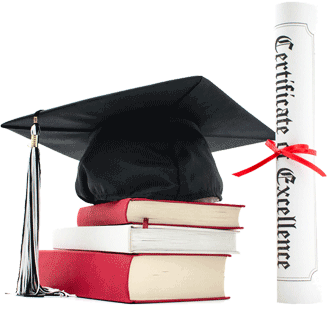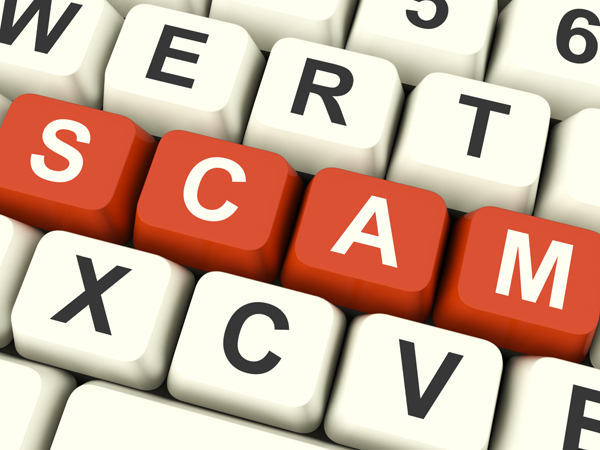CV Writing For Freelancers – The Dos And Don’ts
1
Dos of CV writing
Keep it short and sweet – Ideally, your CV should be one page and definitely shouldn’t go beyond two pages of A4. Anything longer and you risk the hiring manager becoming bored and placing you on the ‘rejected’ pile. It is estimated that recruiters spend an average of 6 seconds reviewing a CV, so you need to make yours stand out in a short space of time.
List your skills clearly and concisely – Your skills need to reflect the industry, such as excellent spelling and grammar skills for a freelance writer. This point, however, also ties into the above; keep your skill list easy to digest. It means that, rather than list 20 points, include the 5 most valuable.
Craft a personal profile that wows – State precisely who you are and what you do. You should aim to tailor your personal profile to the client or job in question, but if this is a CV appearing on freelancer websites, you can be more general. It can be tricky to condense your personality into roughly 100 words, which is why hiring an expert CV writing service is highly recommended. PurpleCV, for example, can create a CV that is tailored to you, your personality, your skills and the career you are aiming for.
Don’ts of CV writing
Include unnecessary information – This information includes your date of birth, marital status and full address and telephone number. It was once recommended by teachers that students needed to add this, but in today’s digital world (especially for freelancers), a simple email address is sometimes all that’s required. With regards to your date of birth, this, unfortunately, can lead to age discrimination, so it’s best to leave this where it counts – your birth certificate!
Lie – Perhaps an obvious point, but any lie you tell on your CV will be uncovered, whether that’s immediately or further down the line. Lying about a project or an achievement can severely harm your professional reputation, particularly if you’re a freelancer. Therefore, it’s best to stick to the facts. If you don’t have the experience in a specific aspect of the role, either be upfront and honest about it or emit it from the CV altogether.
Include clichés – All industries now have buzzwords that have graduated from being CV must-haves to must-avoids. These include words and phrases such as ‘hard work,’ ‘thinks outside the box,’ and ‘team player.’ Rather than using these, demonstrate in your experience and achievements how these apply to you. This point also applies to highlighting your creativity. After all, to pursue a freelance career in the creative industry, this is a fundamental and expected trait.



 We wrote an article in 2013 about an email scam that was doing the rounds at the time. It was targeting proofreaders, although apparently the general idea for the scam had been around for a while before that and has previously preyed upon other types of freelancers, too.
We wrote an article in 2013 about an email scam that was doing the rounds at the time. It was targeting proofreaders, although apparently the general idea for the scam had been around for a while before that and has previously preyed upon other types of freelancers, too.